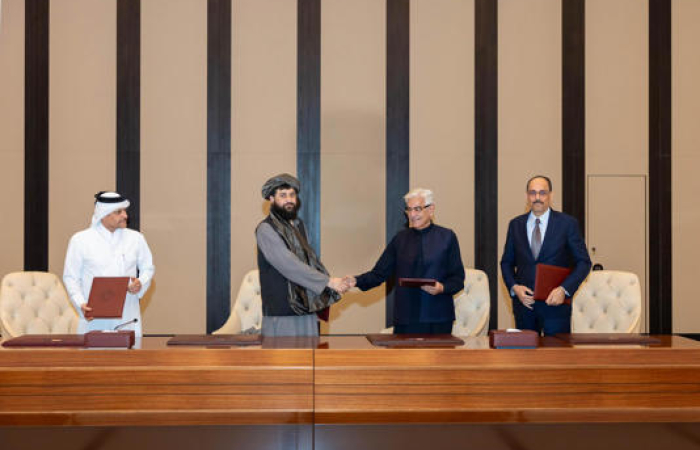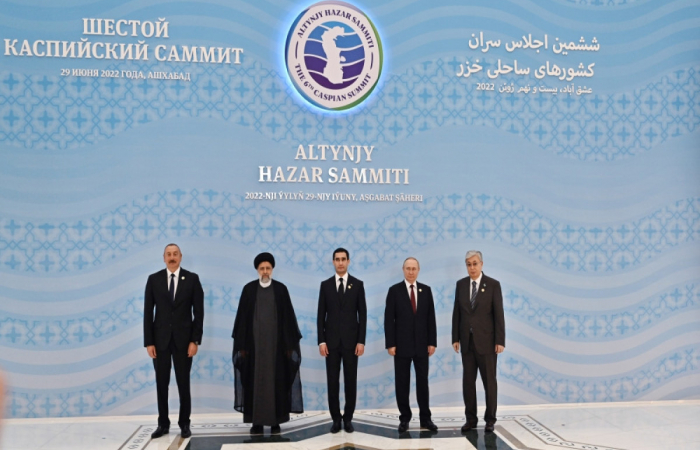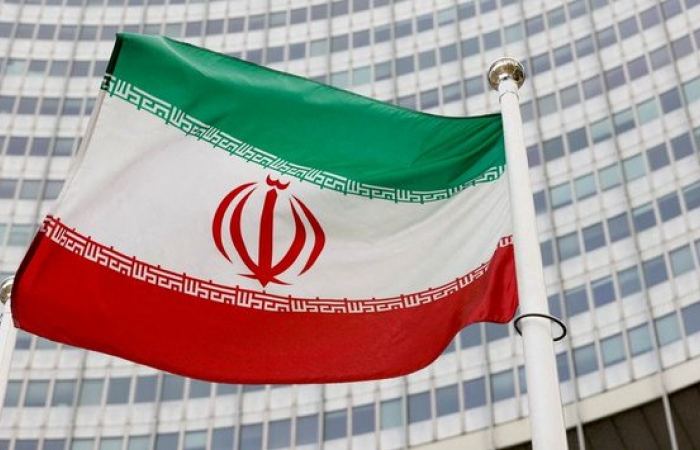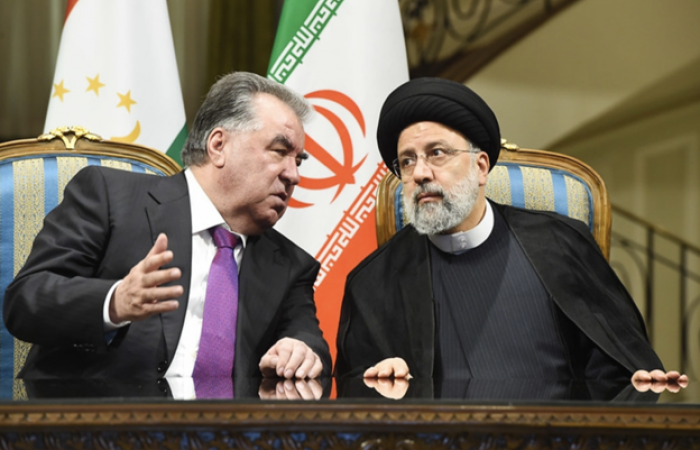Trending
President of Iran vows to rebuild nuclear facilities 'with greater strength'
4 November 2025
Tehran will rebuild its nuclear facilities "with greater strength", Iran's President Masoud Pezeshkian told Iranian state media adding that the country does not seek nuclear weapons. U.S. President Donald Trump has warned that he would order fresh attacks on Iran's nuclear sites should Tehran try to restart facilities that the United States bombed in June. Pezeshkian made his comments during a visit to the country's Atomic Energy Organization on 2nd November during which he met with senior managers from Iran’s nuclear industry.







